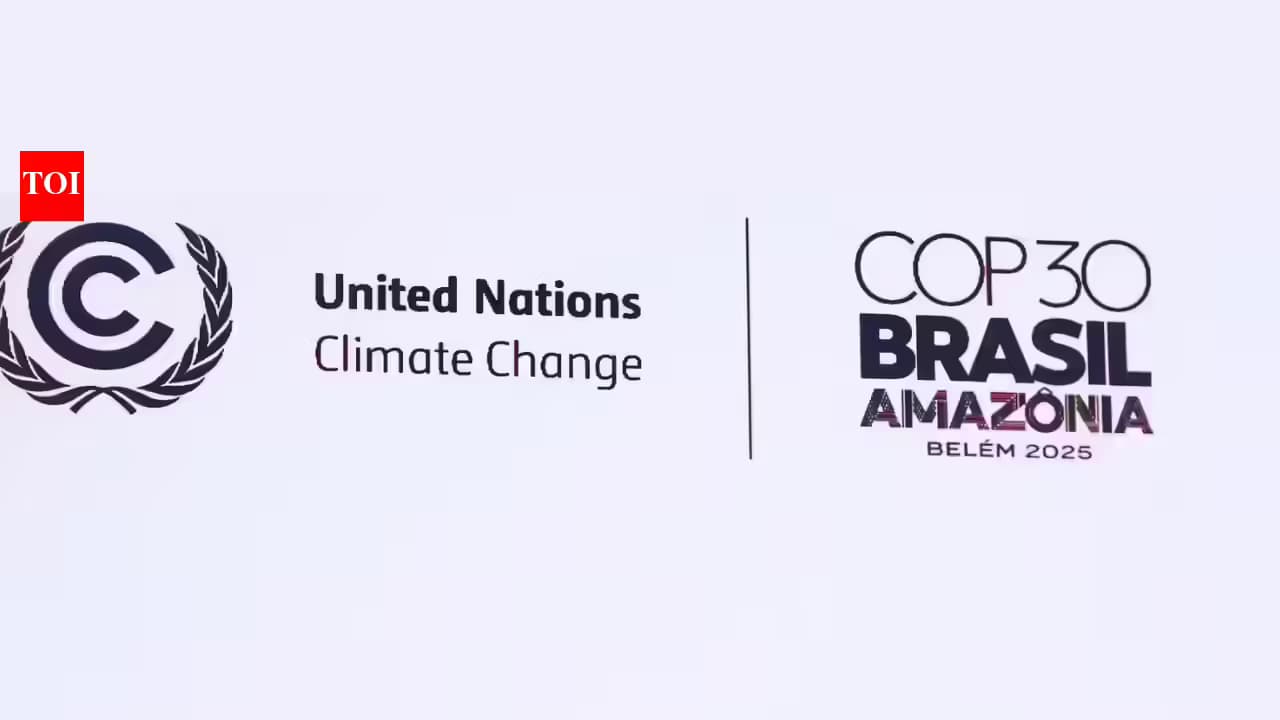We're loading the full news article for you. This includes the article content, images, author information, and related articles.
The Belém climate summit concluded with a contentious agreement to triple adaptation finance by 2035 but failed to secure a firm commitment on phasing out fossil fuels, leaving Kenya and other vulnerable nations facing an uncertain future.

GLOBAL – The 30th United Nations Climate Change Conference (COP30) concluded in Belém, Brazil, on Sunday, November 23, 2025, after marathon negotiations produced a divisive final agreement known as the “Belém Package.” The deal, adopted by 195 parties, establishes a new goal to triple global adaptation finance by 2035 but drew sharp criticism for its failure to include a clear, binding roadmap to phase out fossil fuels, the primary driver of the climate crisis.
For Kenya and the wider East African region, which are acutely vulnerable to climate shocks like drought and flooding, the outcome presents a mixed bag of incremental progress on finance and profound disappointment on emission reductions. The final text, hammered out in talks that ran into the early hours of Saturday, reflects deep geopolitical fractures between developed and developing nations.
The centerpiece of the agreement is a call to triple adaptation finance by 2035. This was a key demand from the African Group of Negotiators (AGN), who argued that predictable, grant-based financing is a matter of justice for a continent that has contributed least to global emissions but suffers disproportionately from its impacts. Kenya’s Environment Cabinet Secretary, Deborah Barasa, who served as a co-facilitator for climate finance at the summit, was a prominent voice in these discussions, stating, “For Africa, climate finance is a matter of justice, not charity.”
However, the 2035 deadline is five years later than what many developing nations had pushed for, and the agreement lacks a firm numerical target and clear details on which countries will contribute. This ambiguity has led to concerns that the pledge may not translate into the required scale of accessible funds needed for critical adaptation projects in Kenya, such as water management and climate-resilient agriculture. The African Group had entered negotiations advocating for a clear roadmap to mobilize at least $1.3 trillion annually by 2030 for overall climate action.
A major point of contention was the failure to secure a binding commitment to phase out coal, oil, and gas. Despite a push from over 80 countries, including Kenya and the European Union, strong opposition from oil-producing nations resulted in the removal of explicit language on a fossil fuel phase-out from the final text. Instead, the agreement references the weaker “transitioning away from fossil fuels” language from the COP28 UAE Consensus. In a move outside the formal UN process, the Brazilian COP30 presidency announced it would launch two voluntary roadmaps—one for a fossil fuel transition and another to halt deforestation.
This outcome was labeled a “deep disappointment” and a “severe failure” by climate action groups, who argue that without tackling the root cause of the climate crisis, financial pledges for adaptation will be insufficient to protect vulnerable communities. The final text does, however, establish a Just Transition mechanism, a key demand from civil society aimed at ensuring the global shift to clean energy protects workers and communities dependent on the fossil fuel industry.
Kenya arrived at COP30 with an updated Nationally Determined Contribution (NDC) committing to a 35% emissions reduction by 2035, but with 80% of this target conditional on international support. The estimated cost for Kenya's mitigation and adaptation measures between 2031 and 2035 is over $40 billion (KES 5 trillion), highlighting the nation's dependence on the very climate finance mechanisms under debate.
Throughout the summit, the Kenyan delegation, led by CS Barasa, held bilateral meetings with the UK, China, Singapore, and Switzerland to advance the country's climate agenda, including support for its 15-billion-tree planting program and the development of its carbon market pipeline. The African Group also successfully negotiated for the adoption of a framework for the Global Goal on Adaptation (GGA), including 59 indicators to track progress, which will help countries like Kenya measure their resilience-building efforts.
Despite these procedural wins, the failure to secure a strong global commitment on fossil fuels leaves East Africa exposed to escalating climate impacts. According to the World Meteorological Organization, countries in Africa are already losing up to 5% of their GDP annually due to climate-related hazards, with adaptation costs in sub-Saharan Africa projected to reach $30-50 billion per year over the next decade. As UN climate chief Simon Stiell noted at the conclusion of the summit, while a new economy is rising, the failure to decisively move away from the “old polluting one” leaves the world in a precarious position.
Keep the conversation in one place—threads here stay linked to the story and in the forums.
Sign in to start a discussion
Start a conversation about this story and keep it linked here.
Other hot threads
E-sports and Gaming Community in Kenya
Active 9 months ago
The Role of Technology in Modern Agriculture (AgriTech)
Active 9 months ago
Popular Recreational Activities Across Counties
Active 9 months ago
Investing in Youth Sports Development Programs
Active 9 months ago
Key figures and persons of interest featured in this article